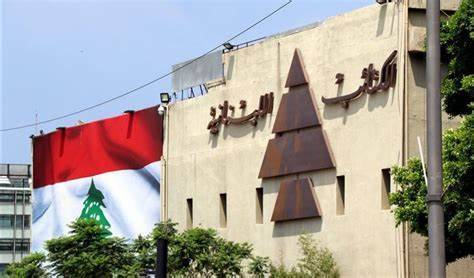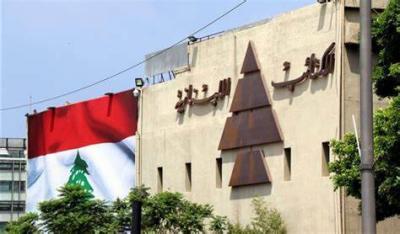The political bureau of the Kataeb party, in a statement issued after its meeting chaired by party leader Deputy Sami Gemayel, considered that “the words of the Jaafari mufti Sheikh Ahmad Qubalan directed at Vatican Secretary of State Cardinal Pietro Parolin contain clear incitement against the role of Bkirki and exhibit a hateful sectarianism not seen even at the height of the Lebanese Civil War.” The bureau announced that “these remarks are rejected and refuted, reinforcing once again that the tactic of silencing dissenting opinions is the prevailing approach.”
The political bureau reiterated, “Once again, placing differences within a sectarian framework is nothing but a misleading tactic—there are two competing projects: the first aims to hijack Lebanon and surrender it to factions, leading it towards ruin, while the second seeks to liberate Lebanon, restore its sovereignty, and make it a homeland for all its citizens, where rights and duties are equally shared, without first-class and second-class citizens.”
It noted the Kataeb party’s concern about “the rising tensions that are nearing an irretrievable state along the southern border, warning of dire consequences amidst mutual provocations and high-stakes intelligence games that will only destabilize Lebanon and shift the conflict from Gaza across the region into a reckless war that certainly will not serve the Lebanese people.”
The bureau called on everyone to “return to sobriety and rational discourse, cease arrogance and scoring points at the expense of innocent lives and their futures, and refrain from dragging Lebanon into a devastating war, for which it bears no responsibility, while allowing for a breather that could pave the way for some recovery.”
It viewed the latest remarks of Hezbollah Secretary-General Hassan Nasrallah as further confirmation that he dictates terms, assigning roles at his whim, antagonizing friendly countries to Lebanon at his discretion, and allies with whom he deems suitable to serve his Iranian agenda. It stated that “the violation of Lebanon, its lands, and its facilities as a conduit for implementing this agenda will make Lebanon a target for strikes that will devastate its remaining infrastructure, and the scrutiny over Beirut International Airport is nothing but a message in this regard.”
The bureau expressed that “the events occurring in Ain al-Hilweh at this suspicious time serve to control Palestinian decision-making and amalgamate it with the resistance factions in the region, which are now openly declaring their readiness to invade Lebanon and participate in the destruction of the country.” It emphasized the necessity of reverting to the decisions made at the national dialogue table in 2006, including disarming Palestinian factions and allowing the Lebanese army and security forces to secure the camps.
It praised “the Lebanese army's step to reclaim some of the livelihoods of the people of Naameh and Damour from the hands of the Popular Front factions and encouraged the continuation of this effort by shutting down all tunnels belonging to foreign factions while restoring the rights of Lebanese citizens to their lands, security, and freedom of movement.”
Finally, the bureau reiterated the importance of “exempting the tourism season from the repeated blows it receives at every opportunity, especially since it has become the only lifeline for the Lebanese economy, which has been devastated due to repeated wars and the seizure of all components necessary for building a robust economy.”




